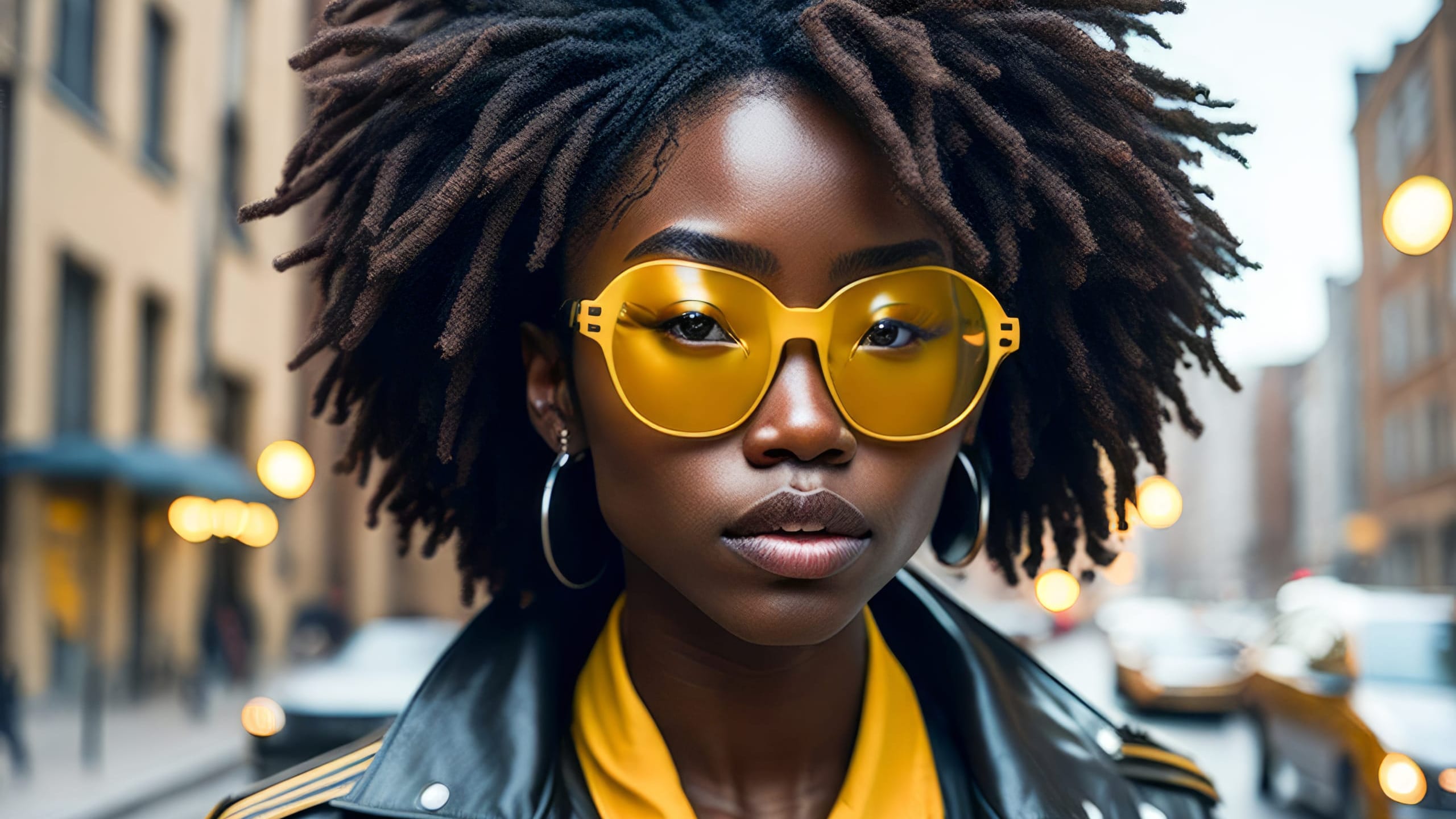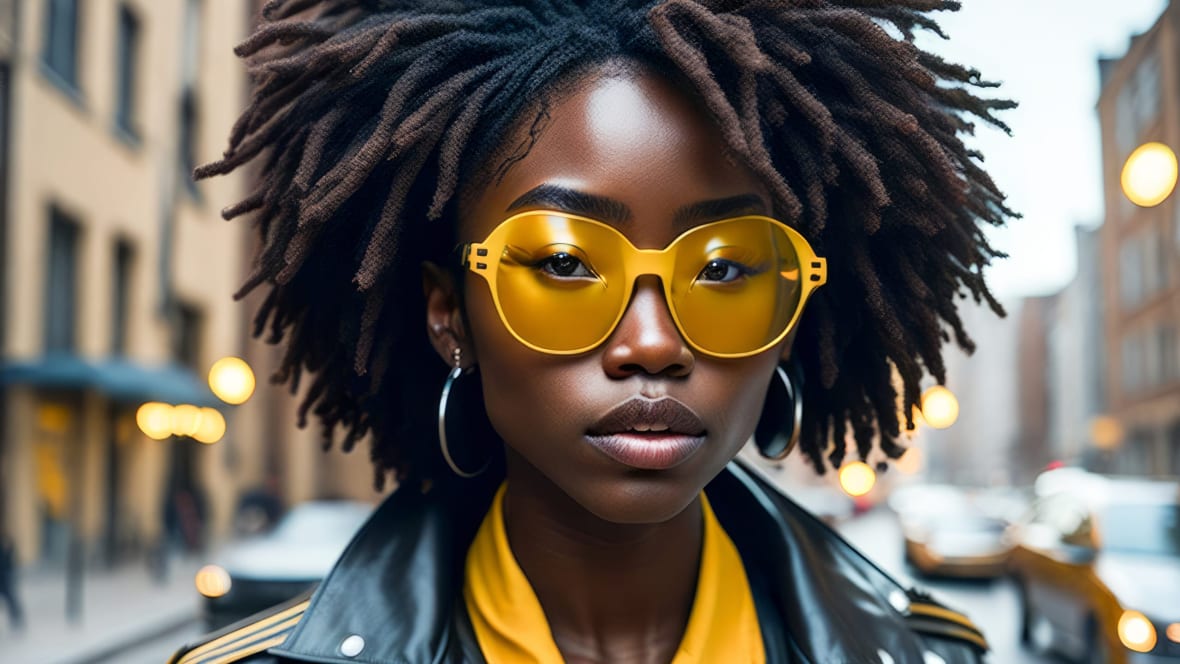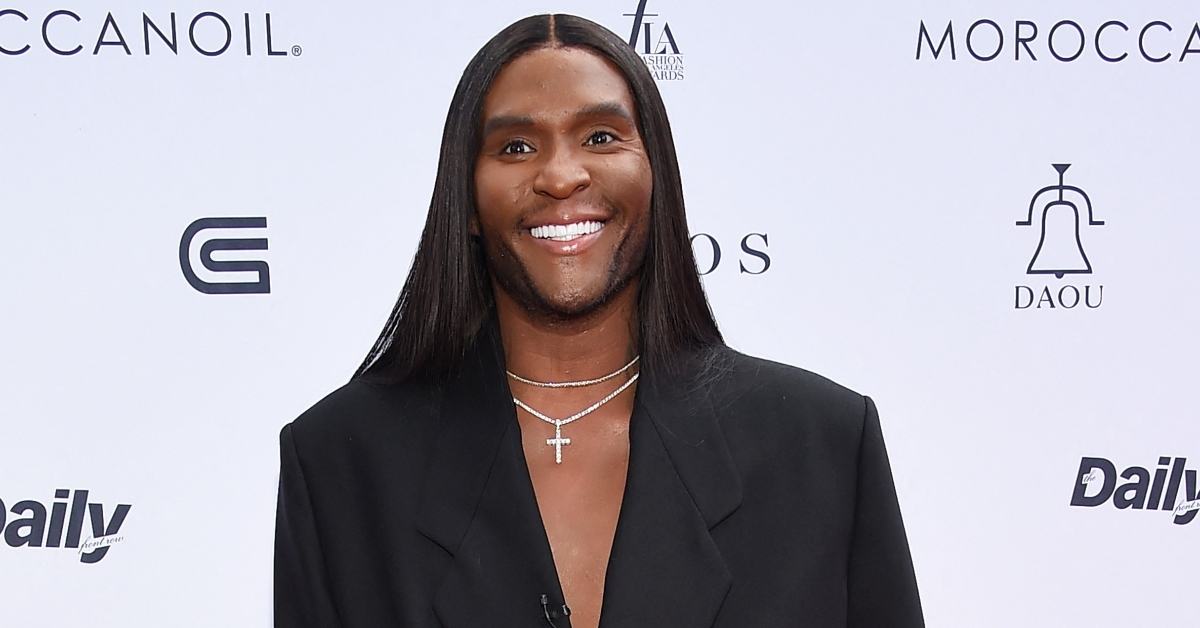Black artists and experts issue new warnings about A.I.’s bias against Black people
As new concerns about A.I. algorithms emerge, A.I. companies pledge to course-correct and increase the diversity of their tools. As The post Black artists and experts issue new warnings about A.I.’s bias against Black people appeared first on TheGrio.

As new concerns about A.I. algorithms emerge, A.I. companies pledge to course-correct and increase the diversity of their tools.
As is pervasive in many elements of life and technology, A.I.-generated art has a bias against Black people.
Black artists who use the technology in their work, like Brooklyn, New York-based artist Stephanie Dinkins, warn against the technology’s penchant for getting depictions of Black people and scenes of Black-dominated places wrong.

According to the New York Times, for the past seven years, Dinkins has experimented with A.I.’s ability to realistically depict Black women, smiling and crying, using a variety of keyphrases. Her early attempts left a lot to be desired, as her algorithm produced a figure in a black cloak rather than a Black person.
“I expected something with a little more semblance of Black womanhood,” she said.
While the technology has improved over the last seven years and has now reached mainstream status, Dinkins said she still runs into challenges, regardless of the key terms used to prompt generators. She sees especially high instances of errors when it comes to facial features and hair textures.
“Improvements obscure some of the deeper questions we should be asking about discrimination,” Dinkins told the New York Times.
She added, “The biases are embedded deep in these systems, so it becomes ingrained and automatic. If I’m working within a system that uses algorithmic ecosystems, then I want that system to know who Black people are in nuanced ways so that we can feel better supported.”
The New York Times reports Dinkins is expressing frustrations held by many Black artists attempting to incorporate the technology into their practices. In both the large data sets that teach A.I. machines how to generate images and the programs that run the algorithms, Black artists are running into racial bias. In some instances, A.I. technology seems to ignore or even override artists’ prompts, impacting how Black people are depicted in images. In other instances, artists find A.I. defaulting to stereotypical depictions or censorship of Black history and culture.
With the emergence of A.I. and smart technology, studies have increasingly indicated where the technology missteps and shows racial bias. From automated bathroom sinks not recognizing darker skin tones to Alexa not understanding the speech patterns of non-white voices, examples abound.
Other experts who study artificial intelligence told the outlet the bias “goes deeper” and dates back farther in history than some might expect. James Dobson, a cultural historian at Dartmouth College and the author of a recent book on the birth of computer vision, told the New York Times the problems in A.I. technology stem from the dawn of modern technology in the 1960s.
“It’s hard to separate today’s algorithms from that history because engineers are building on those prior versions,” he said.
The New York Times reports that major A.I. companies have pledged to improve their platforms.
“Bias is an important, industrywide problem,” Alex Beck, a spokeswoman for OpenAI, told the outlet, adding that the company is “continuously” trying to improve performance, reduce bias and “mitigate harmful outputs.” She reportedly declined to say how many employees were working on racial bias or how much money the company is spending to solve the problem.
To decrease the prevalence of racial bias and hateful images, some companies have banned certain words from text prompts that users submit to generators, including “slave” and “fascist.”
In the meantime, Black artists like Dinkins continue to do their work as best they can, keeping the current technology’s limitations in mind.
“It’s a worrying time as these algorithms become more complicated,” Dobson said. “When you see garbage coming out, you have to wonder what kind of garbage process is still sitting there inside the model.”
TheGrio is FREE on your TV via Apple TV, Amazon Fire, Roku, and Android TV. TheGrio’s Black Podcast Network is free too. Download theGrio mobile apps today! Listen to ‘Writing Black’ with Maiysha Kai.
The post Black artists and experts issue new warnings about A.I.’s bias against Black people appeared first on TheGrio.












